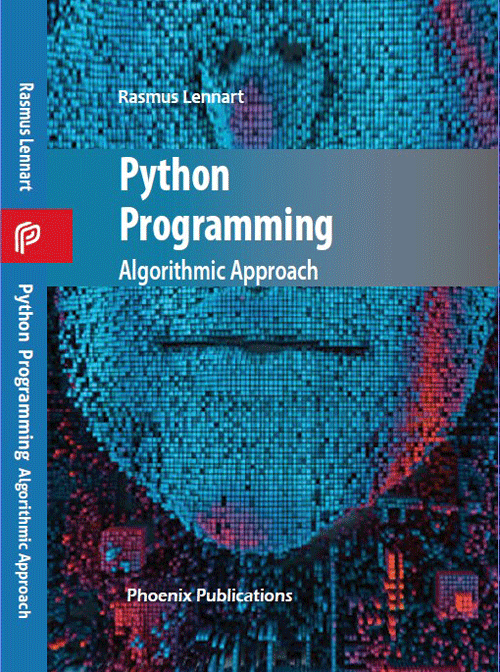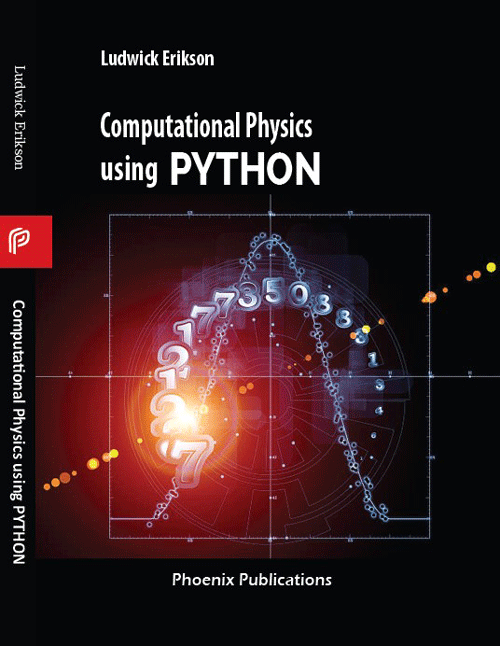Of course, when using hand-waving arguments, you run the risk of saying something blatantly wrong, so I will try to make sure that there is solid mathematical theory behind informal arguments in this book. Since this is category theory for programmers, I will illustrate all major concepts using computer code. You are probably aware that functional languages are closer to math than the more popular imperative languages. But that would imply that category theory has no application outside of functional programming, and that’s simply not true. So I will provide a lot of C++ examples. Granted, you’ll have to overcome some ugly syntax, the patterns might not stand out from the background of verbosity, and you might be forced to do some copy and paste in lieu of higher abstraction, but that’s just the lot of a C++ programmer. If you’re an experienced programmer, you might be asking yourself: I’ve been coding for so long without worrying about category theory or functional methods, so what’s changed? Surely you can’t help but notice that there’s been a steady stream of new functional features invading imperative languages. Even Java, the bastion of object-oriented programming, let the lambdas in C++ has recently been evolving at a frantic pace — a new standard every few years — trying to catch up with the changing world.



